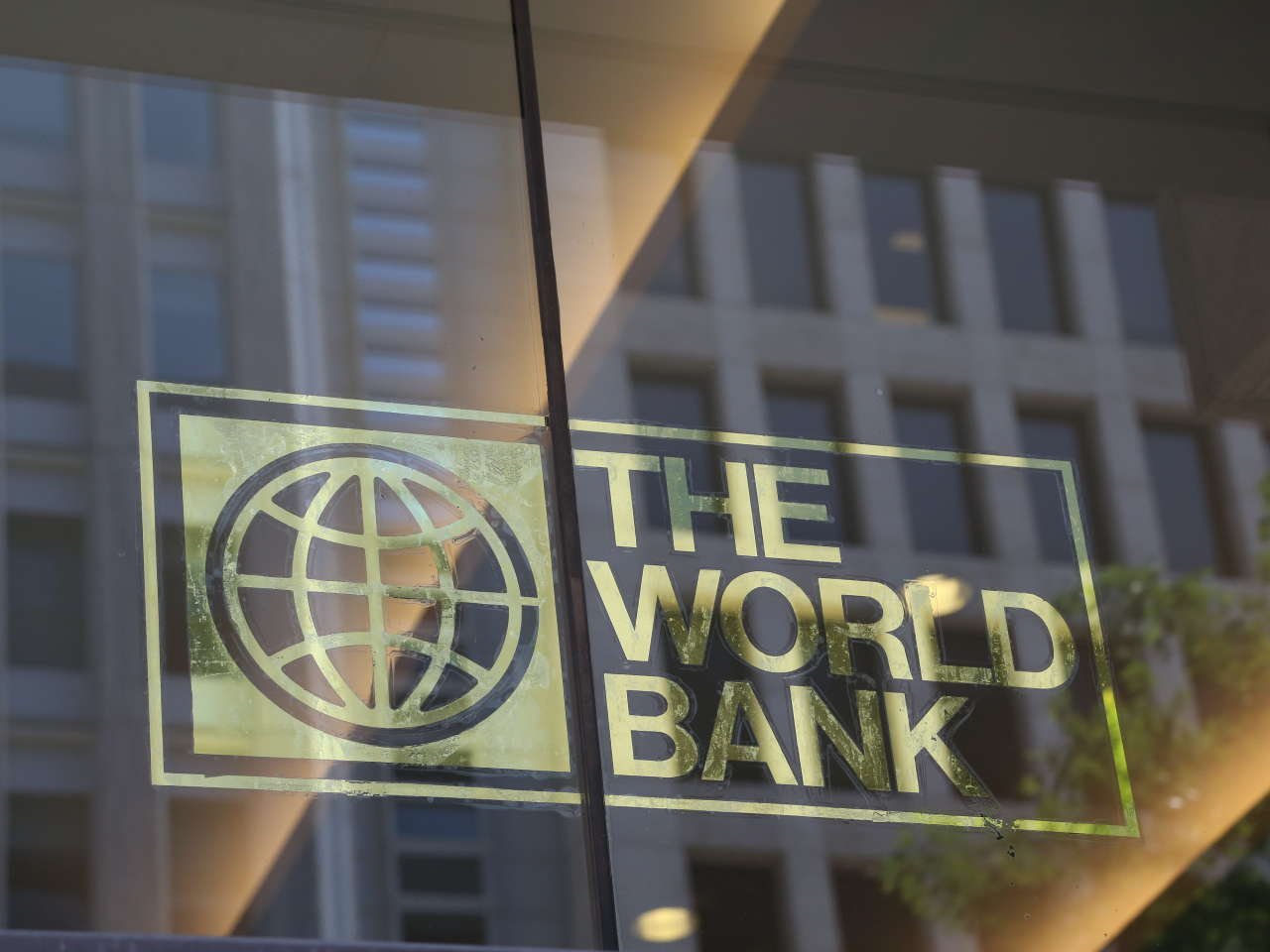

Baku. TurkicWorld:
Kazakhstan, backed by the World Bank, plans to roll out a series of reforms to strengthen its energy sector, TurkicWorld reports.
As such, the government approved a set of reforms, including a new approach to regulating electricity and heating sectors, by the end of 2023. The pilot implementation is set for 2024, and these initial steps are expected to lay the groundwork for wider industry integration.
"The reform aims to ensure sustainable production and provision of electricity and heating services, as well as to facilitate the country's transition to cleaner energy sources. This year there will be a reboot of tariff policy by introducing new methods of tariff setting and increasing the investment attractiveness of the industry," Asan Darbayev, Chairman of the Committee for the Regulation of Natural Monopolies of the Ministry of National Economy of Kazakhstan, said in this regard.
According to the WB, the success of these reforms hinges significantly on effectively coordinating and implementing policy measures, as well as consolidating all regulatory functions with the active involvement and engagement of relevant stakeholders. Presently, regulatory responsibilities are scattered among various entities throughout Kazakhstan, leading to inefficiencies.
Taking this into account, the bank has also put forth recommendations to strengthen the institutional framework by centralizing all regulatory functions within a specialized organization, aiming to enhance the effectiveness of energy regulation and oversight in the country.
Meanwhile, the WB operates in Kazakhstan under the current Country Partnership Framework for 2020-2025. The CPF aligns with the government's reform program and Kazakhstan's 2050 development strategy, aimed at expediting the transformation of Kazakhstan into a modern society with a knowledge-based, diversified, and private-sector-driven economy.